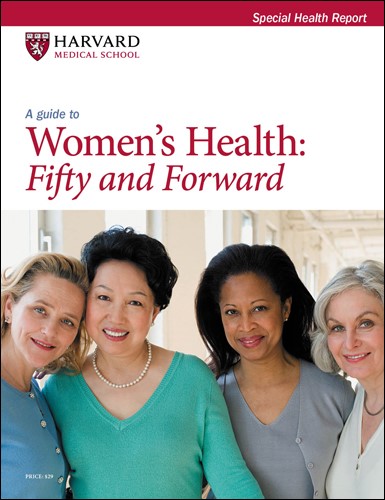HPV infection linked to higher cardiovascular risk
Research we're watching
- Reviewed by Christopher P. Cannon, MD, Editor in Chief, Harvard Heart Letter; Editorial Advisory Board Member, Harvard Health Publishing

Women with high-risk strains of human papillomavirus (HPV) — a well-known cause of cervical cancer — may face a higher risk of dying from heart disease, new research suggests.
Published online Feb. 7, 2024, by the European Heart Journal, the study included more than 163,000 young and middle-aged Korean women without heart disease. As part of a national health exam, they were screened for high-risk HPV and tracked for up to 17 years. After adjusting for factors that affect heart disease risk, researchers found that women infected with high-risk HPV were four times more likely to die of heart disease than uninfected women.
Viral infections can trigger inflammation (a key player in heart disease), and that may explain the association, according to the study authors. But more research, including studies in men, are needed to confirm the findings. Vaccines against HPV — which is the most common sexually transmitted infection — are extremely effective for preventing cervical cancer. Future studies of these vaccines could also track heart-related outcomes.
Image: © Morsa Images/Getty Images
About the Author

Julie Corliss, Executive Editor, Harvard Heart Letter
About the Reviewer

Christopher P. Cannon, MD, Editor in Chief, Harvard Heart Letter; Editorial Advisory Board Member, Harvard Health Publishing
Disclaimer:
As a service to our readers, Harvard Health Publishing provides access to our library of archived content. Please note the date of last review or update on all articles.
No content on this site, regardless of date, should ever be used as a substitute for direct medical advice from your doctor or other qualified clinician.
















